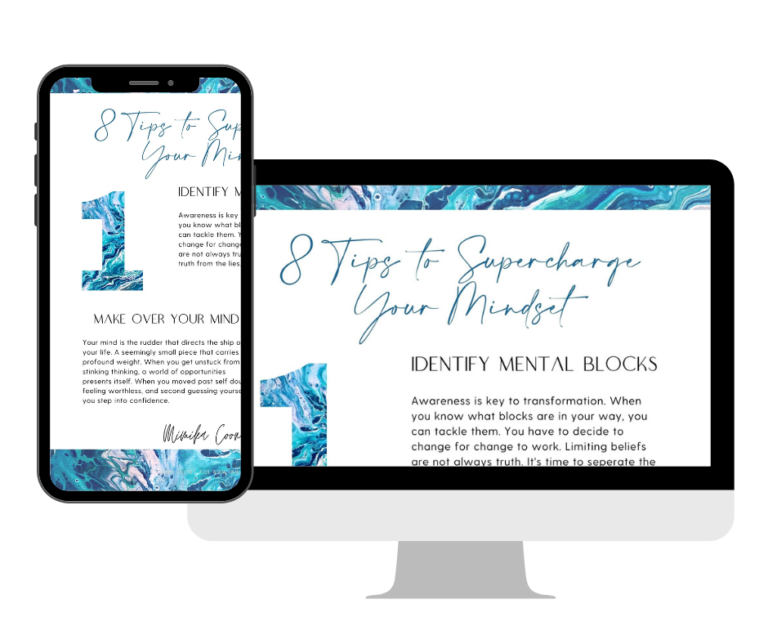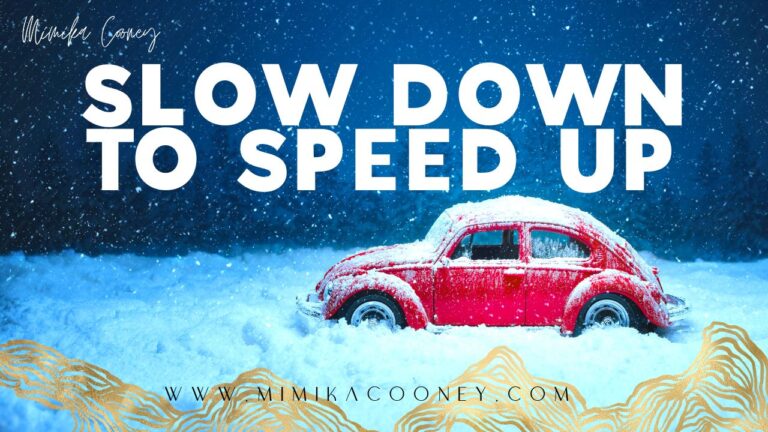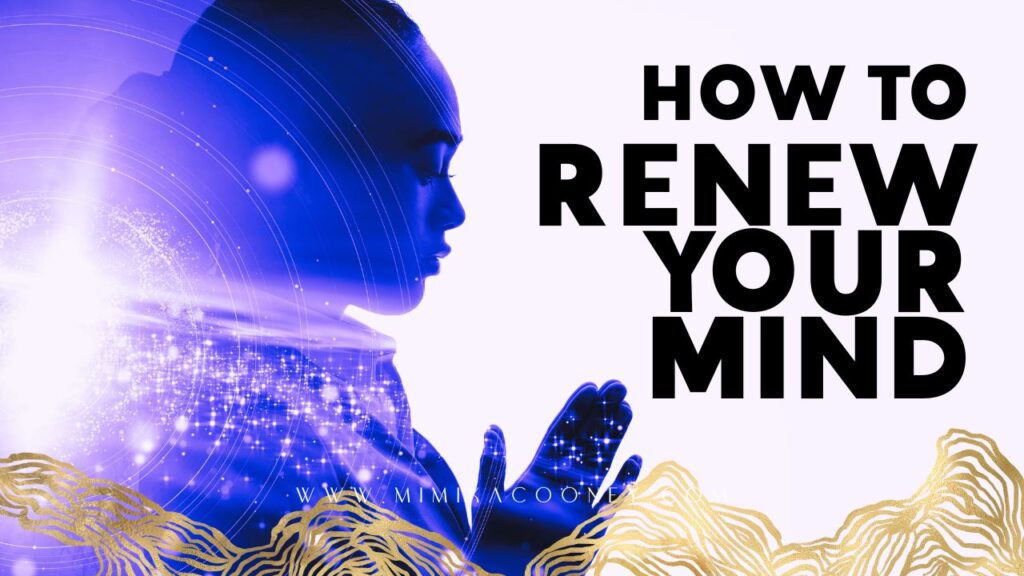Facing the Fear: The Pitfalls of Pressure
Have you ever been caught in the grip of fear-driven marketing, compelling you to “act now before it’s too late?” Such tactics, designed to prey on our fear of missing out, often leave us grappling with indecision or regret. Buyer’s remorse is a common aftermath of these hasty decisions. It’s time to recognize the overwhelming race to keep up with every trend can lead to more than just exhaustion – it can hinder genuine progress.
Is Fear-Based Decision Making Limiting Your Business Potential?
Reacting out of fear creates a cycle of stagnation. And if you find your business facing unending challenges, it might be your mindset putting on the brakes. Comparing yourself to others only amplifies the internal tension between where you are and where you aim to be.
Understanding Mindsets: Moving Beyond Strategies and Shortcuts
In our fast-paced world, there’s an overload of strategies and shortcuts available. But, often what holds many back isn’t a lack of information, but their mindset, specifically fear and self-doubt.
The Power of Slow Progress: Bridging the Gap to Your Future
I believe in a paradigm shift: slow down to speed up. By aligning actions with core beliefs and values, individuals can move towards their true purpose more effectively.
My Personal Transformation: From Crisis to Clarity
Around 2015, amidst personal and professional challenges, I embarked on a quest to rediscover purpose. This journey introduced me to coaching, neuroscience, and the human brain’s potential for change, especially through the concept of neuroplasticity.
Stepping into the Role of a Brain Trainer
Drawing from my experiences and studies, I adopted the title “personal trainer for your brain.” I offer an approach that, while challenging, has proven effective for many of my mentees.
Understanding Business Struggles as Personal Battles
If your business faces consistent challenges, these might stem from personal mindset barriers. Recognizing this can be a significant step towards positive transformation.
Finding Mental Clarity with Metacog Coaching
The term ‘metacog,’ rooted in Greek, resonates with me deeply. It emphasizes understanding our thought patterns, essential for those who feel directionless. As a mindset metacog coach, I guide individuals to move beyond mere reactions and find clarity in their goals.
Recognizing Barriers to Progress: The Power of Self-awareness
Genuine progress begins with acknowledging limitations in our thought patterns. As with most challenges in life, recognition is the first step to resolution. As age advances, it’s crucial to revisit our long-established habits and consider their current relevance.
The Lifelong Journey of Learning: Embracing Continuous Growth
No matter our age or experience, there’s always something new to learn. This growth often requires setting aside our egos, accepting our imperfections, and being open to wisdom from unexpected sources. The risk is an inevitable part of growth. Just as a child eventually lets go of parental support to ride a bike, we must embrace unfamiliar situations.
Neuroscience and Risk: Decoding Our Brain’s Resistance to Change
Historically designed for survival, our brain’s instinct is to avoid threats. In modern times, they often misinterpret these threats, making benign challenges seem daunting. To progress, it’s vital to calm our brain’s primal fears and venture beyond the known.





